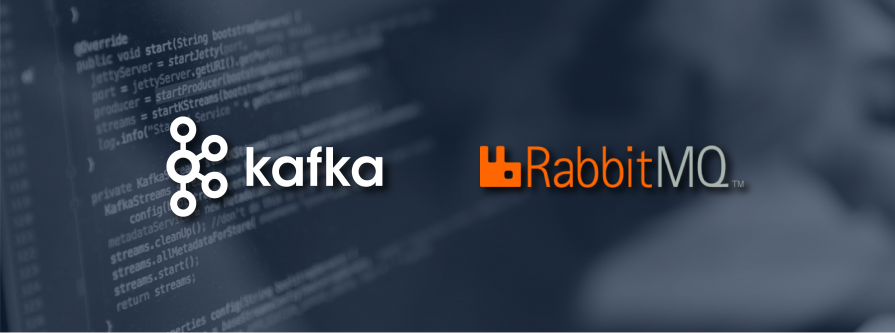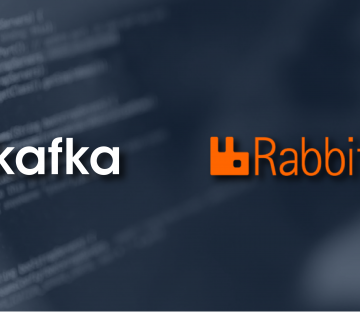8 items found: Search results for "event sourcing" in all categories x


May 10, 2016 | Data Engineering, White Paper
In this technical report, we present Concursus, a framework for developing distributed applications using CQRS and event sourcing patterns within a modern, Java 8-centric, programming model. Following a high-level survey of the trends leading towards the adoption of these patterns, we show how Concursus simplifies the task of programming event sourcing applications by providing a concise, intuitive API to systems composed of event processing middleware.


March 14, 2018 | Data Engineering, Microservices
Events are obviously the fundamental building block of event-sourced systems. Commands are equally a common concept in such systems although the distinction between events and commands, if any, is not always clear. There are certainly varying views on what role each one should play.


February 13, 2017 | Data Engineering
One of the stated intentions behind the design of Java 8’s Streams API was to take better advantage of the multi-core processing power of modern computers. Operations that could be performed on a single, linear stream of values could also be run in parallel by splitting that stream into multiple sub-streams, and combining the results from processing each sub-stream as they became available.


July 20, 2021 | Blog, Data Engineering, Kafka
Message and event-driven systems provide an array of benefits to organisations of all shapes and sizes. At their core, they help decouple producers and consumers so that each can work at their own pace without having to wait for the other – asynchronous processing at its best.
In fact, such systems enable a whole range of messaging patterns, offering varying levels of guarantees surrounding the processing and consumption options for clients. Take for example the publish/subscribe pattern, which enables one message to be broadcast and consumed by multiple consumers; or the competing consumer pattern, which enables a message to be processed once but with multiple concurrent consumers vying for the honour—essentially providing a way to distribute the load. The manner in which these patterns are actually realised however, depends a lot on the technology used, as each has its own approach and unique tradeoffs.
In this article we will explore how this all applies to RabbitMQ and Apache Kafka, and how these two technologies differ, specifically from a message consumer’s perspective.


August 24, 2016 | Cassandra
At OpenCredo we are seeing an increase in adoption of Apache Cassandra as a leading NoSQL database for managing large data volumes, but we have also seen many clients experiencing difficulty converting their high expectations into operational Cassandra performance. Here we present a high-level technical overview of the major strengths and limitations of Cassandra that we have observed over the last few years while helping our clients resolve the real-world issues that they have experienced.


April 28, 2016 | Software Consultancy
In a conventional RDBMS-with-ORM system, we are used to thinking of domain objects as mapped to rows in database tables, and of the database as a repository where the current state of every object exists simultaneously, so that what we get when we query for an object is the state that object was in at the time the query was issued. To perform an update, we can start a transaction, retrieve the current state of the object, modify it, save it back again and commit. Transactions move the global state of the system from one consistent state to another, so that the database transaction log represents a single, linear history of updates. We are therefore able to have a very stable, intuitive sense of what it means to talk about the “current state” of any domain object.


October 28, 2015 | Software Consultancy
Let’s have a quick look at the most interesting changes and new features that are now available to Akka users. As there are many new features to highlight in the new Akka release I will focus on those related to Akka Persistence first and cover other areas in a separate post.


June 24, 2016 | Software Consultancy
Akka has been designed with a Java API from the very first version. Though widely adopted, as a Java developer I think Akka has been mainly a Scala thing… until recently. Things are changing and Akka is moving to a proper Java 8 support.